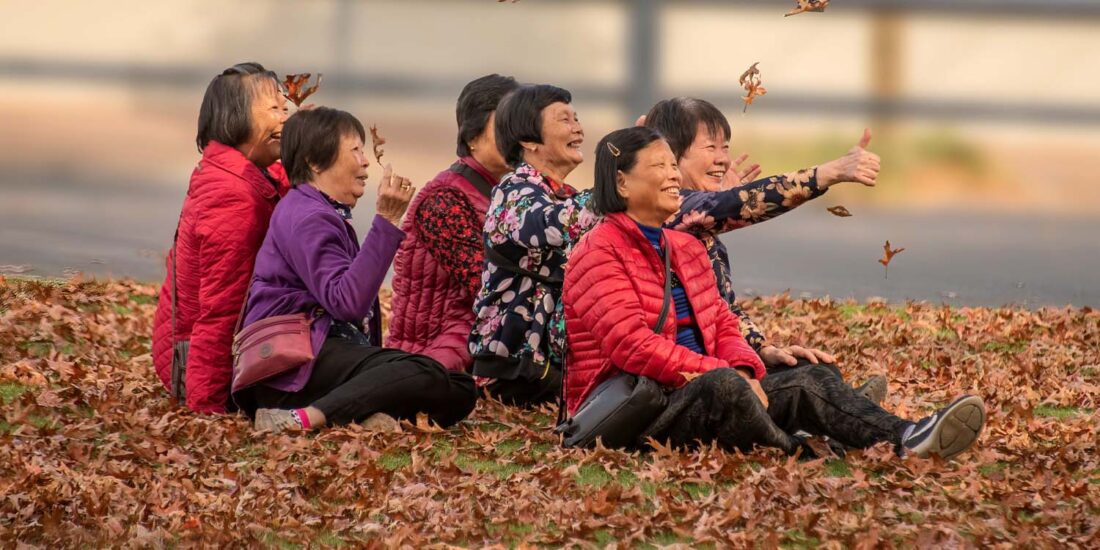The global population is ageing rapidly, with many countries seeing a marked increase in the percentage of the population reaching over age 60. This important demographic change and trend has implications that deserve much-needed attention from researchers and stakeholders alike. Firstly, ‘old’ is no longer so old and the ageing process and experience are no longer all negative. This means we need to ‘update’ our perceptions and research focus to take account of older adults’ lifestyles today and investigate what it means for them to age well and positively. Secondly, we also need to be receptive to their personal stories and lived experiences, which can count towards measurements and interventions associated with positive ageing. In this session, a research programme exploring the psychological well-being of older adults and what it means to age positively will be presented, along with some considerations for how both ageing and positive ageing may be culturally constructed. As it centres around the conceptualisation of positive ageing, the aim of this talk is to shift research focus onto the social and psychological aspects of ageing (well) rather than the more traditional biomedical models of ageing.
Read presenter's biographyGetting Old, Staying Young? Studying Older Adults’ Well-being

